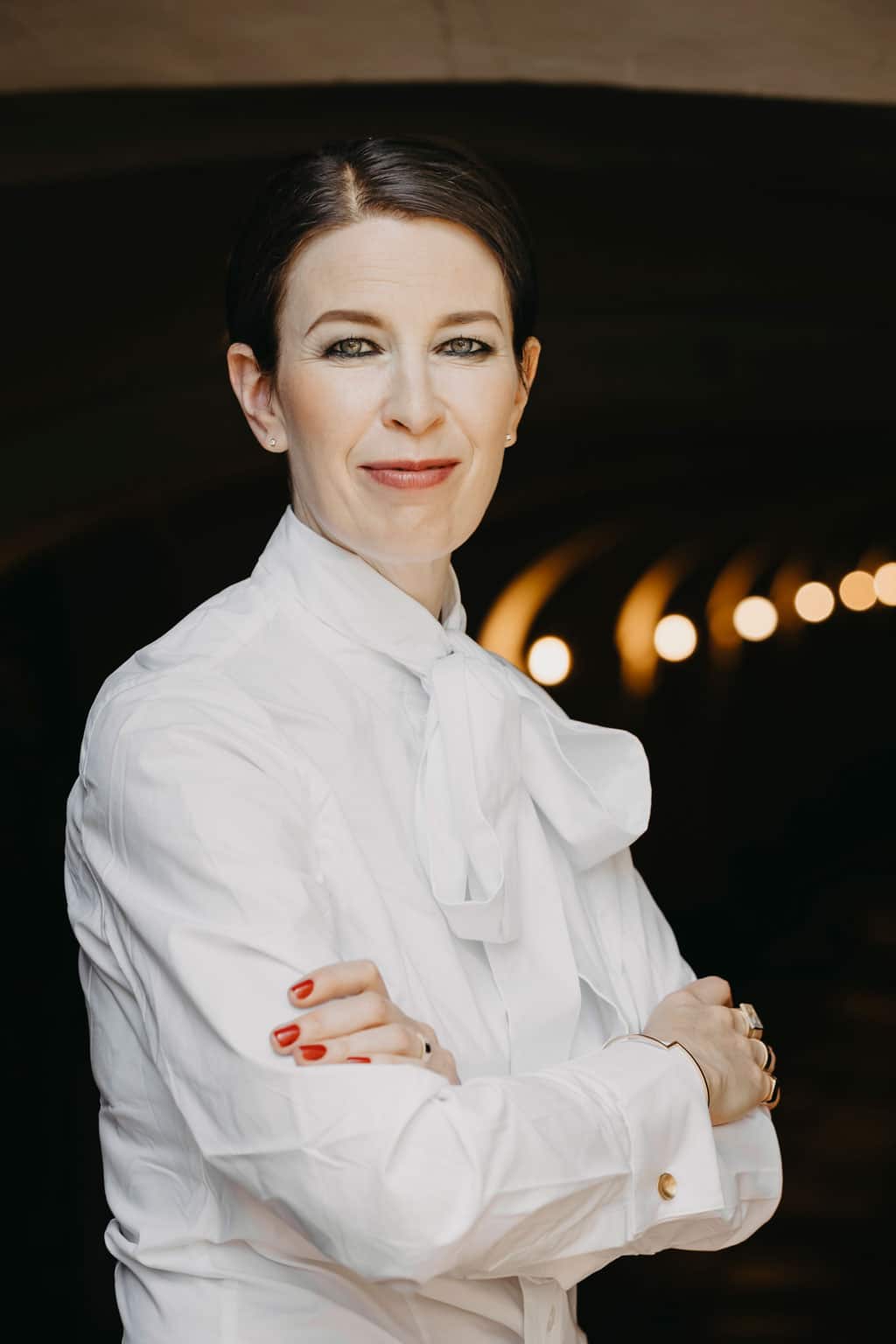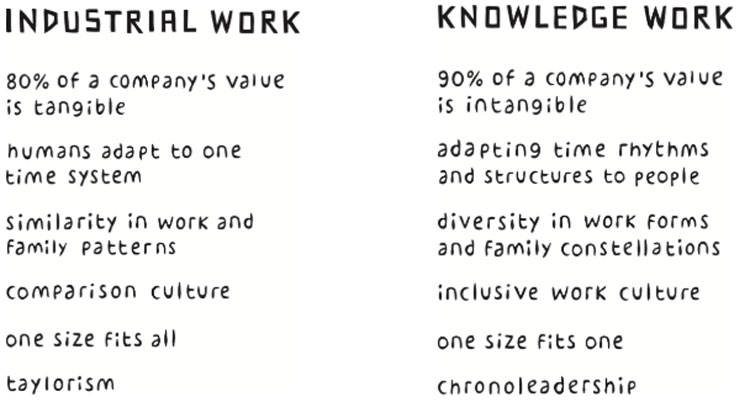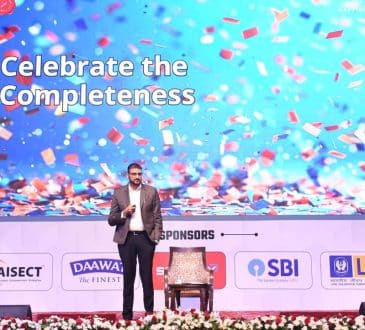Chronoleadership: a new framework for creating attractive workplaces

Chronoleadership is a new framework for creating attractive workplaces for both morning persons and evening persons. Over 80% of the world’s population – in Europe, the United States and Asia – have to disrupt their sleep cycles early to go to work or school.
Humans are born with a circadian rhythm; a sleep-wake rhythm. We are genetically predisposed to be either a morning person or an evening person. If we need an alarm clock to wake up in the morning, we are living out of sync with our internal biological clocks and it makes us more vulnerable to infections, cancer, obesity, type 2 diabetes and cardiovascular disease.
People are productive at different times of the day. Knowledge-based society requires an inclusion of different circadian rhythms. Organizations can apply knowledge of chronobiology to create healthier, more sustainable and more productive rhythms in the workplace. In the future, working hours will be tailored to the needs of morning people, evening people and family constellations.

In the last 50 years, we have seen quantum leaps in family constellations and ways of working, yet we are still navigating the architecture of time and culture shaped by agricultural and industrial societies. In an industrial society, children should learn to clock in and clock out and sell their hours to the industrial workplace. “Working 9 to 5” by Dolly Parton is the soundtrack to the work rhythm of an industrial society, where over 80% of a company’s value was in machines and buildings.
It’s time to unlock the industrial clocks. Today, intangible assets, driven by knowledge, creativity and innovation, now account for 90% of the S&P 500’s market value. According to Gartner, there are more than one billion knowledge workers on planet Earth. By maintaining the 9-to-5 rhythm of industrial society, companies miss out on productivity gains, and late risers pay a health price by adapting to the morning culture of agricultural society. Instead of fitting into a time system, we need to adapt time rhythms and structures to people.
How can we create equal opportunities for morning people and evening people in the workplace?
- Challenge limiting beliefs about late risers: Start by recognizing and addressing common misconceptions about late risers. Normalize later start times to better align with individual circadian rhythms.
- Foster chronoinclusive work cultures: Create workplace environments that empower individuals to manage their schedules and take control of their time, promoting both autonomy and productivity.
Challenge limiting beliefs about late risers

The power structure of agricultural and industrial societies favoured early risers. Many books celebrate and confirm our early riser stereotypes. Societal narratives often link early rising with discipline, ambition and success. “The 5 AM Club: Own Your Morning, Elevate Your Life” by Robin Sharma has sold more than 15 million books worldwide.
Our culture is stuck in the agrarian society. The work has moved from cow to computer, but our culture is still deeply rooted in agrarian culture. We have become knowledge farmers, still more or less unconsciously celebrating the early riser, while looking down upon and devaluing the late riser, who does not fit into the rhythm of early nights and early mornings. Many cultures continue to celebrate the early riser, a preference that is reflected in proverbs from all over the world:
“Morgenstund hat Gold im Mund.”
(“The dawn has gold in its mouth.”)
“The early bird catches the worm.”
“À qui se lève matin, Dieu aide et prête la main.”
(“To those who rise in the morning, God helps and lends a hand.”)
“Chi dorme non piglia pesci.”
(“He who sleeps catches no fish.”)
“A quien madruga Dios le ayuda.”
(“He who gets up early is helped by God.”)
Foster chronoinclusive work cultures
Organizations favour early risers. Managers tend to prefer early chronotypes who come to work early. In fact, employees who show up early receive higher performance ratings than those who arrive late, even though they all work the same number of hours. The phenomenon known as early riser bias equates being early and alert in the morning with productivity and conscientiousness.
Leaders should put more attention on ‘time’ when creating flexible and inclusive working culture. The pandemic gave us autonomy in a way that we hadn’t had before. It gave us the opportunity to choose how to structure our workdays. A truly flexible and inclusive work culture goes far beyond simply deciding how many days you work from home versus in the office. It’s about giving people greater freedom and control over their time, allowing them to work in a way that best suits their individual needs and circadian rhythms.
Written by Camilla Kring.
Have you read?
The World’s Best Medical Schools.
The World’s Best Universities.
The World’s Best International High Schools.
The World’s Best Business Schools.
The World’s Best Fashion Schools.
The World’s Best Hospitality And Hotel Management Schools.
Bring the best of the CEOWORLD magazine's global journalism to audiences in the United States and around the world. - Add CEOWORLD magazine to your Google News feed.
Follow CEOWORLD magazine headlines on: Google News, LinkedIn, Twitter, and Facebook.
Copyright 2025 The CEOWORLD magazine. All rights reserved. This material (and any extract from it) must not be copied, redistributed or placed on any website, without CEOWORLD magazine' prior written consent. For media queries, please contact: info@ceoworld.biz








